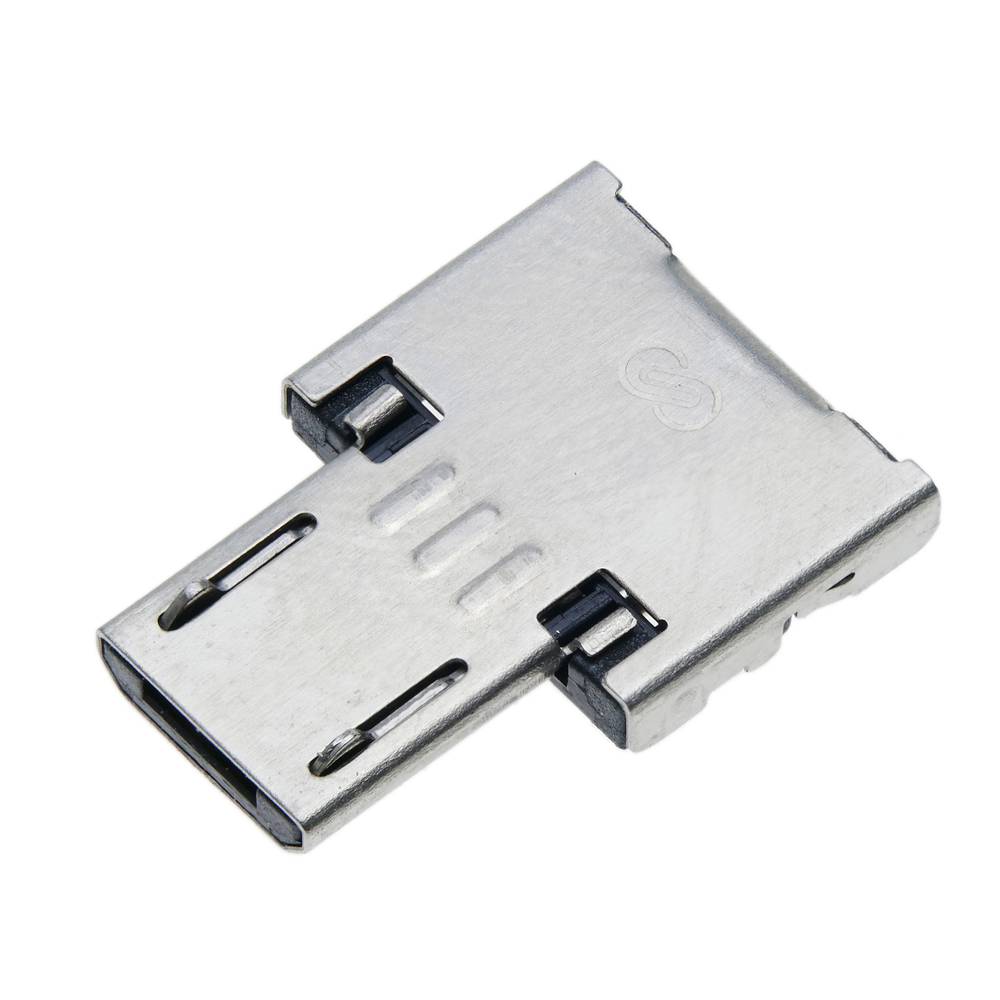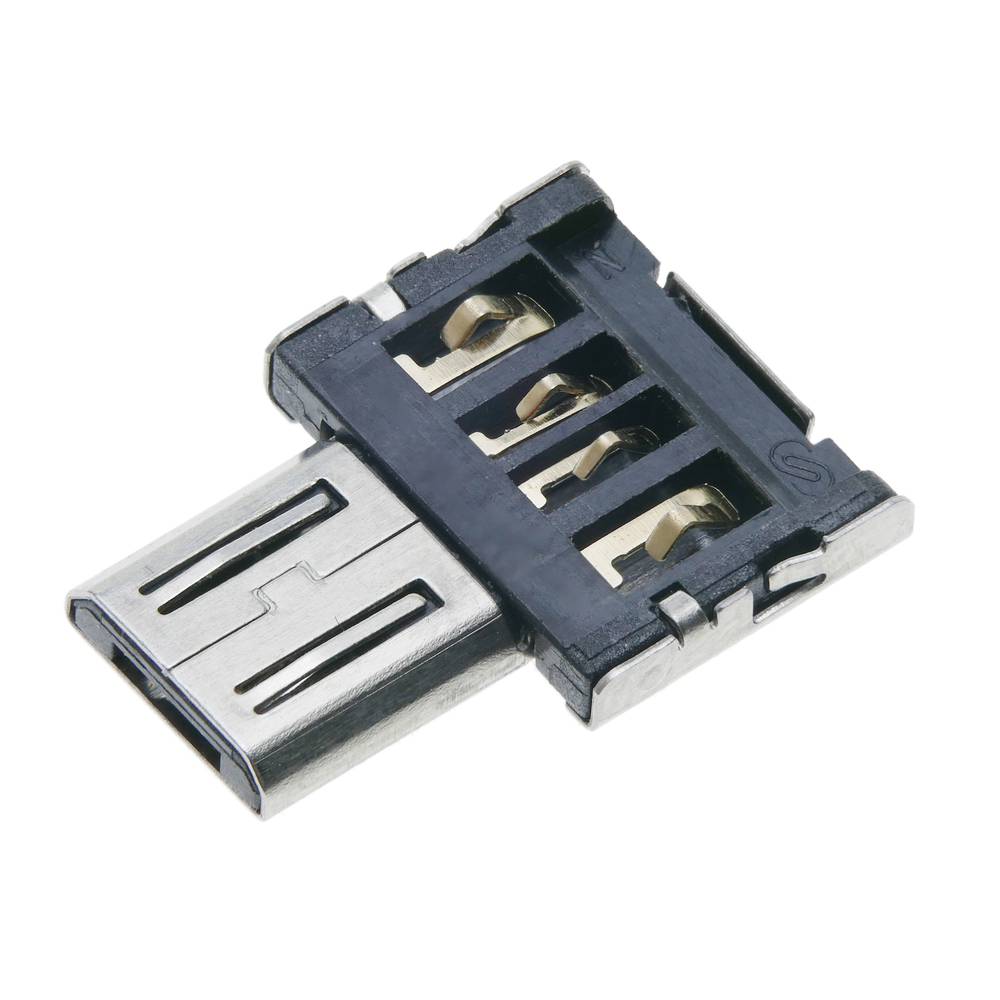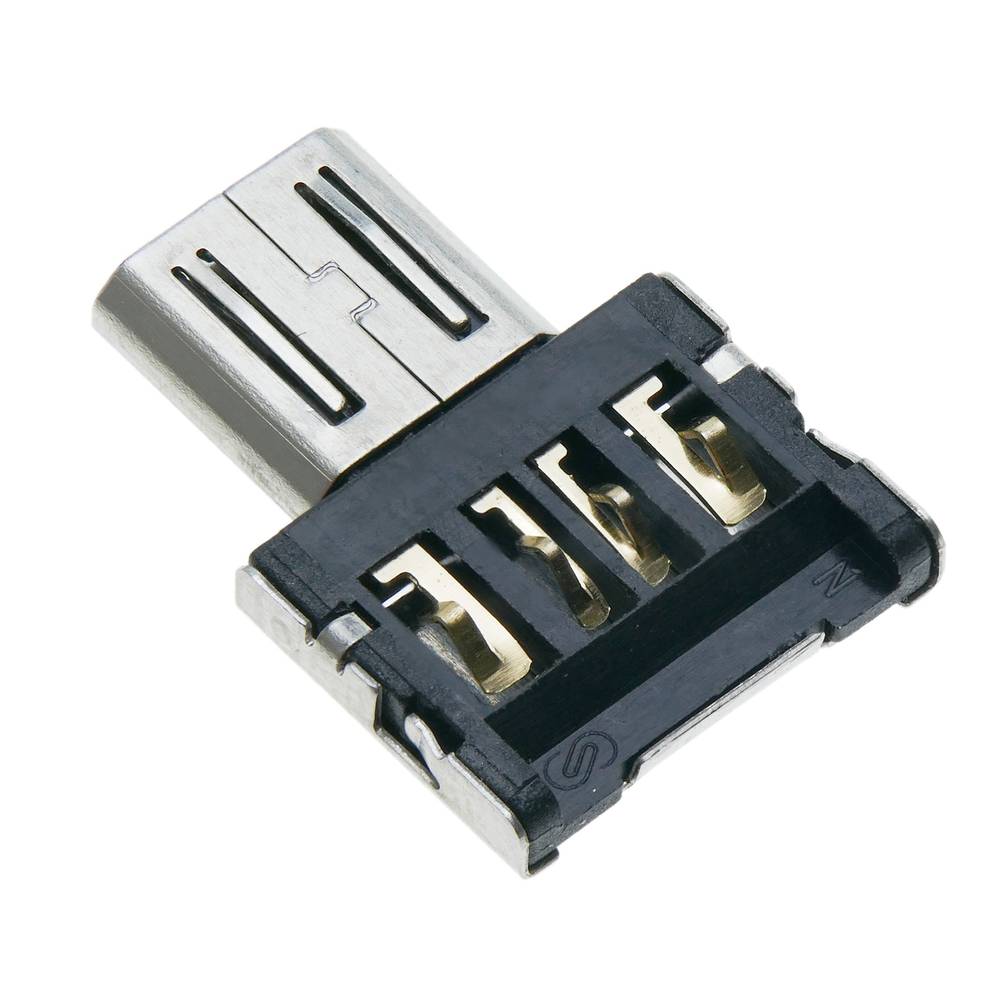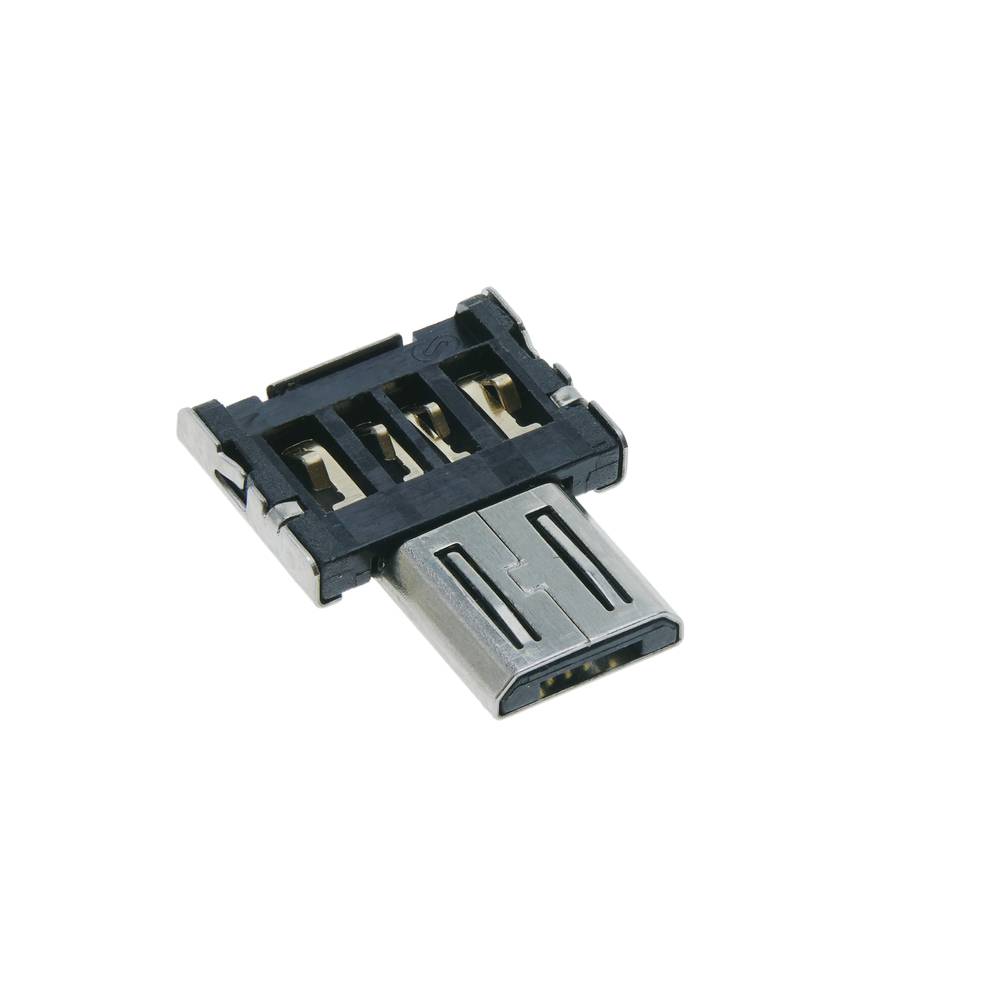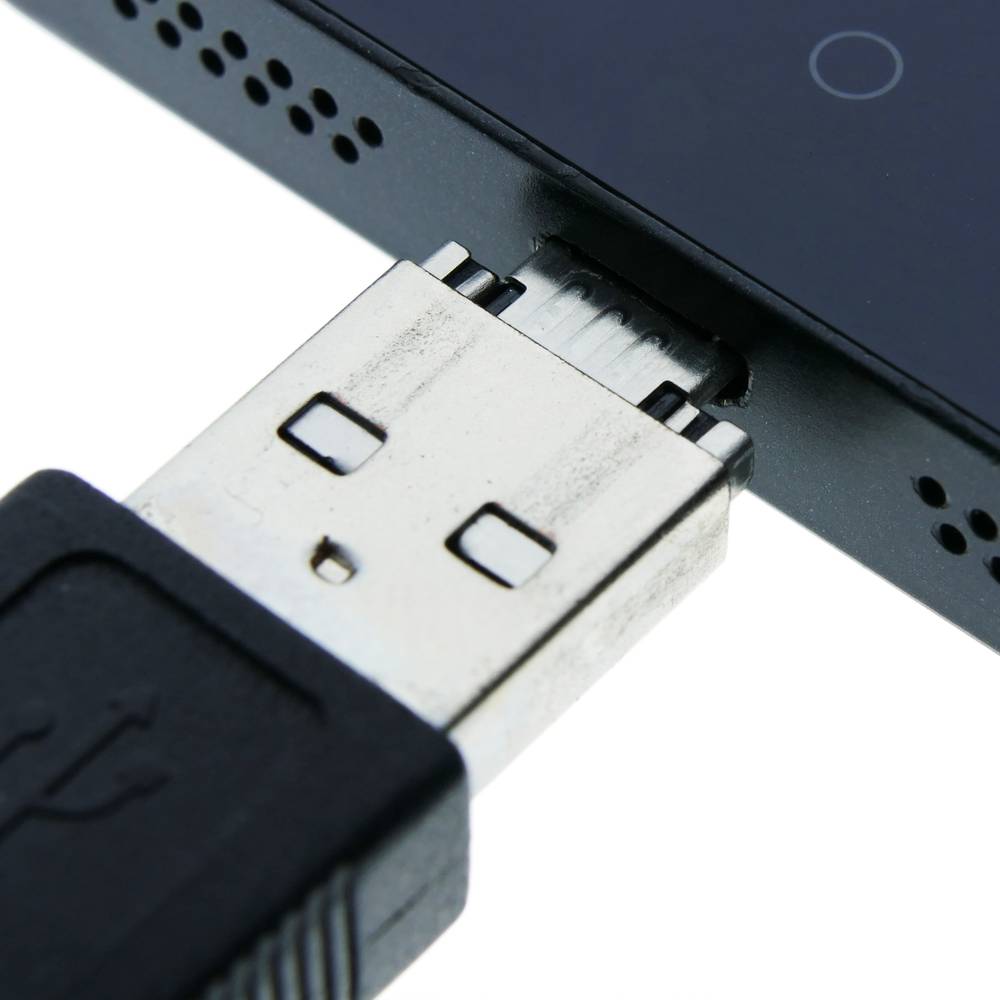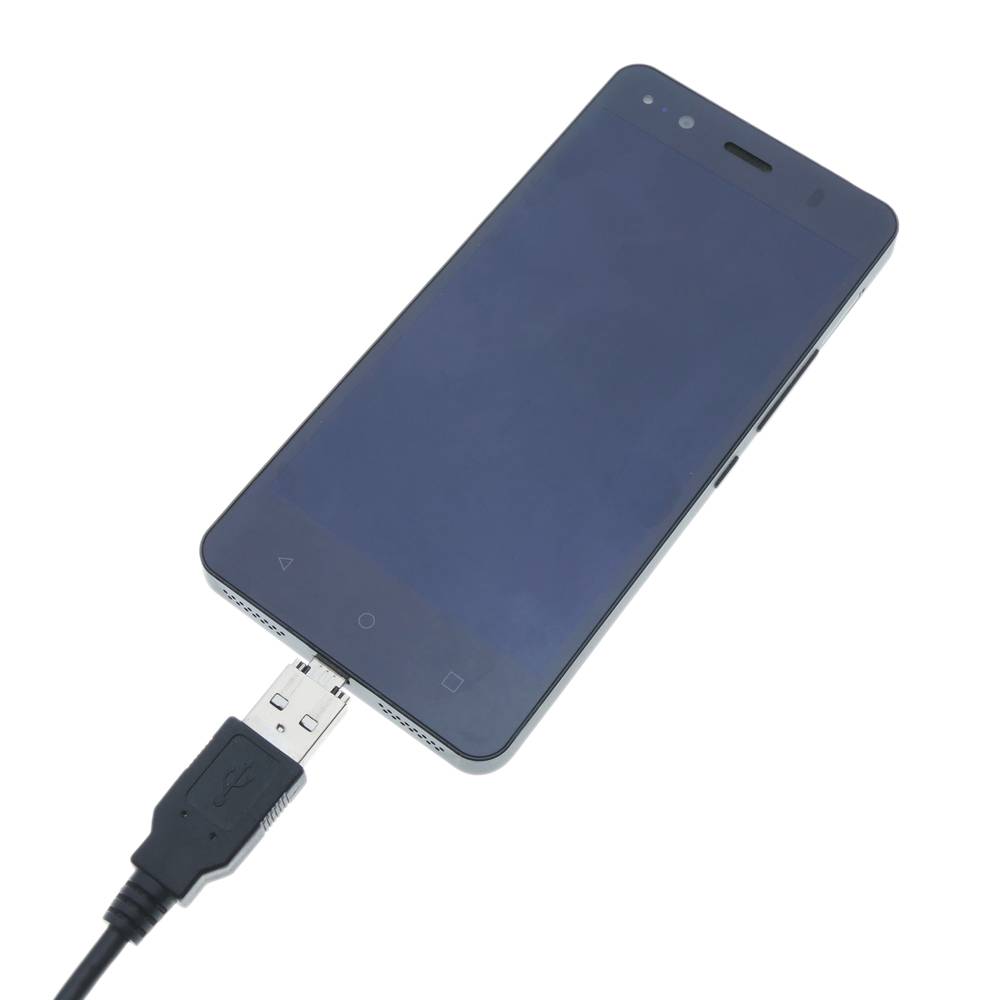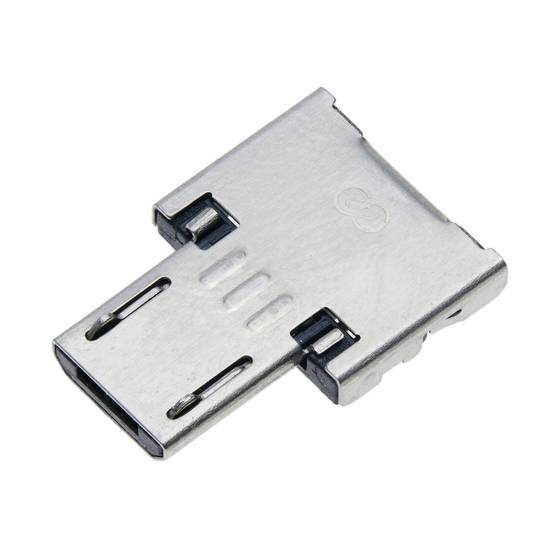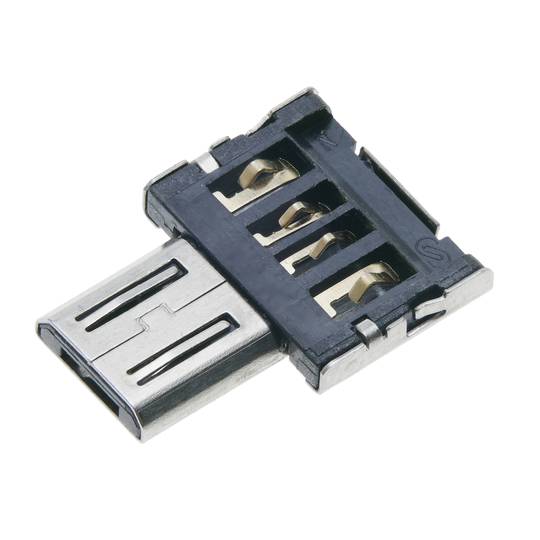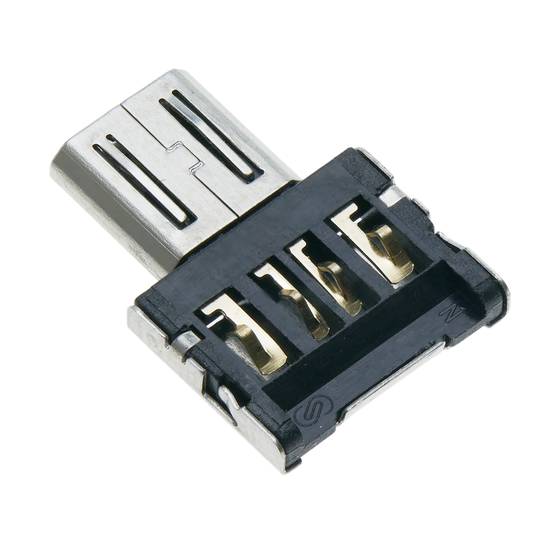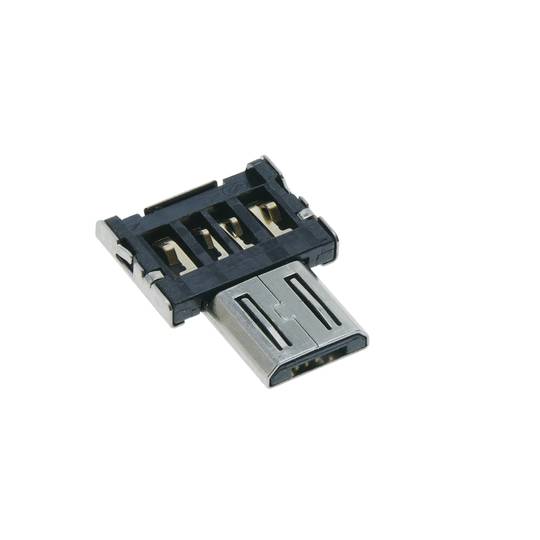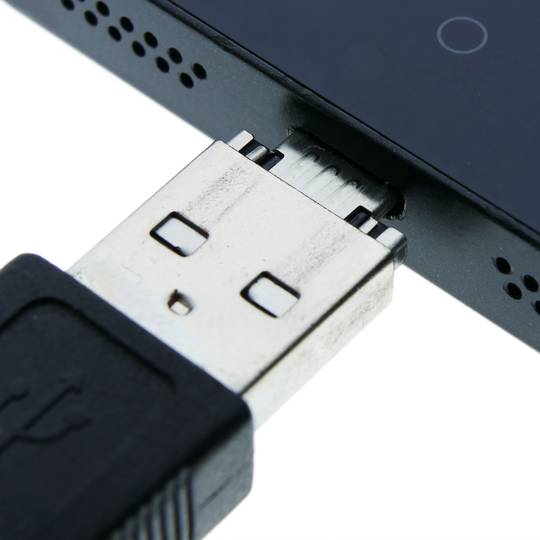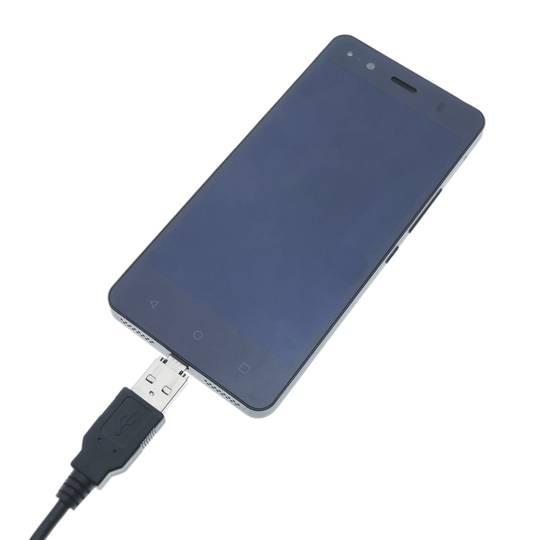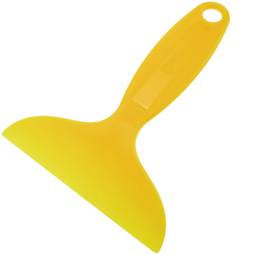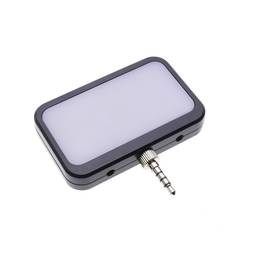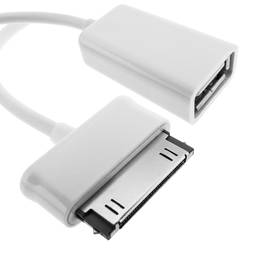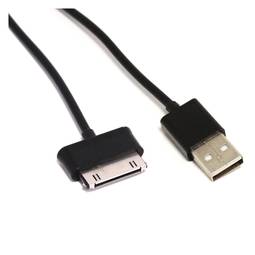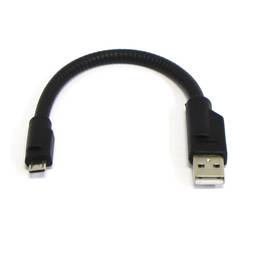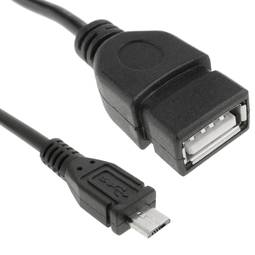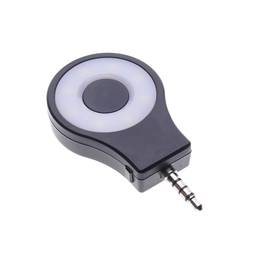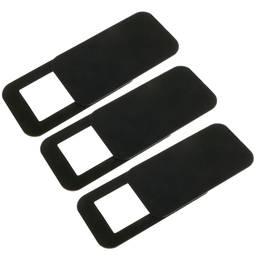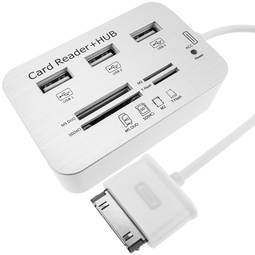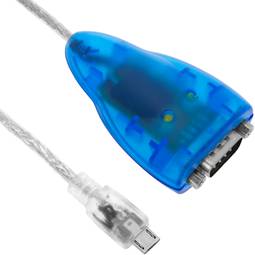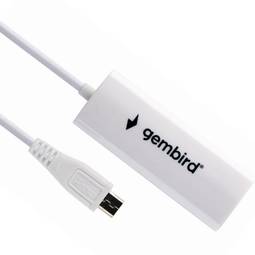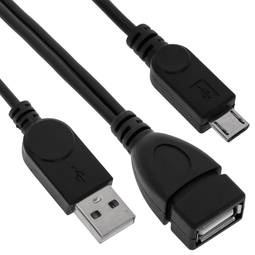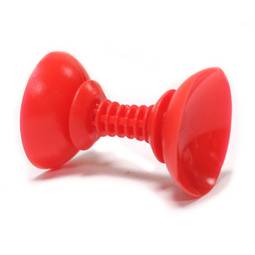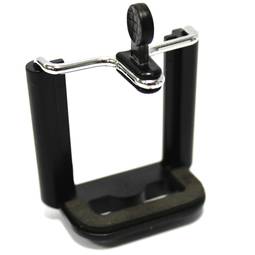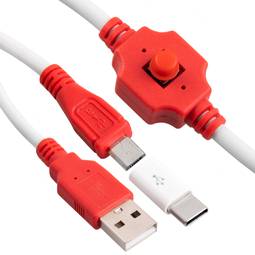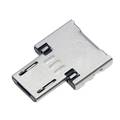02/05/2026 11:52 a.m.
http://34.77.62.133/en/products/mini-micro-usb-otg-connector-for-smartphones-and-tablets-MH028/
http://34.77.62.133/en/products/mini-micro-usb-otg-connector-for-smartphones-and-tablets-MH028/
Mini Micro USB OTG connector for SmartPhones and Tablets
REF: MH028
Specifications
- Directly visualize the videos and movies stored on a pendrive or extern hard driveor.
- Install applications directly from a pendrive.
- Back up data and applications to an external hard drive.
- Connect the mobile to the screen by the HDMi output, a keyboard and a mouse, turning a mobile phone or tablet into a full computer with Android operating system.
![play_button]() Watch video
Watch video
More info
PVP
€2.02
Price including VAT:
€2.48
PVD
€1.71
PVP: Retail price.
Check conditions.
PVP: Sale price to distributors.
Check conditions.
warranty
returns
safe
Specifications
- Directly visualize the videos and movies stored on a pendrive or extern hard driveor.
- Install applications directly from a pendrive.
- Back up data and applications to an external hard drive.
- Connect the mobile to the screen by the HDMi output, a keyboard and a mouse, turning a mobile phone or tablet into a full computer with Android operating system.
Keywords
Did not find what you were looking for? These topic could help you
More info
Micro USB OTG adapter that can be connected to a SmartPhone or Tablet PC for data transfer, connection of a USB keyboard or connection of a USB mouse. At one end it has a micro USB male connector and at the other end of a USB type A female connector. The Micro USB connector connects to the Tablet or SmartPhone, giving it a USB A female port. You can connect USB memories, cameras, USB keyboards to the USB connectorand USB mice. Compatible with SmartPhones and Tablets based on Android, Windows Phone and Symbiam compatible with OTG (consult phone model). Ideal to be directly connected to a USB memory, so the USB memory happens to have a micro USB connector.
What can an OTG cable do on a mobile or tablet?
- Directly visualize the videos and movies stored on a pendrive or extern hard driveor.
- Install applications directly from a pendrive.
- Back up data and applications to an external hard drive.
- Connect the mobile to the screen by the HDMi output, a keyboard and a mouse, turning a mobile phone or tablet into a full computer with Android operating system.
- Gross Weight: 10 g
- Product size (width x depth x height): 1.6 x 1.1 x 0.2 cm
- Number of packages: 1
- Packages size: 1.6 x 1.1 x 0.2 cm
Technical terms
- HDMI
- USB
- MicroUSB
- Mini USB
- USB 3.0
- Android - IOS
- Reversible USB Type-C
- test3
- test3
HDMI
The acronym "HDMI" stands for "High Definition Multimedia Interface".
The HDMI interface allows transmission of video and audio between devices, supporting video resolutions 480i, 480p, 576i, 576p, 720p, 1080i, 1080p, 1440p, 1600p.
Different HDMI versions
HDMi 1.0
- December 2002.
- Maximum transfer of 4.9 Gbit/s.
- Supports up to 165 Mpixels/s video mode (1080p or UXGA 60Hz) and 8-channel/192 kHz/24-bit audio mode.
HDMI 1.2
- August 2005.
- Added support for One Bit Audio, used on Super Audio CDs, up to 8 channels.
- Availability HDMI Type A connectors for PC.
HDMI 1.3
- June 2006
- Bandwidth 340 MHz.
- Data rate of 10.2 Gbit/s.
- Dolby TrueHD and DTS-HD,
HDMI 1.4
- Send video and audio HD
- Data and 3D video.
- FullHD to XHD (eXtended High Definition) up to 4096 × 2160 pixels (24 frames per second) or 3840 × 2160 (30 fps).
- Audio Return Channel that will need fewer cables to have a surround sound system connected to the TV.
- Built-in Ethernet connection cable with speeds up to 100 Mbit/s own.
HDMi 2.0
- September 2013
- Bandwidth of up to 18 Gbit/s
- 4K @ 50/60 (2160p) video
- Up to 32 audio channels to a multi-dimensional immersive experience
- Up frequency 1536kHz for maximum audio fidelity sound
- Simultaneous Delivery 2 streaming video to multiple users on the same screen
- Streaming audio up to 4 users
- Support theater angle 21:9 radio
- Dynamic synchronization of video and audio in streaming
- Extensions of CEC commands to control multiple devices from a single point.
Type HDMI
Type A (picture 1): It is the standard connector used in almost all devices.
Type B (picture 2): A connector rarely used.
Type C (picture 3): A connector widely used in tablets, smartphones and other devices.
Type D (picture 4): A connector used in smartphones.
Type E (picture 5): IA connector used for vehicles connectivity.
The HDMI interface allows transmission of video and audio between devices, supporting video resolutions 480i, 480p, 576i, 576p, 720p, 1080i, 1080p, 1440p, 1600p.
Different HDMI versions
HDMi 1.0
- December 2002.
- Maximum transfer of 4.9 Gbit/s.
- Supports up to 165 Mpixels/s video mode (1080p or UXGA 60Hz) and 8-channel/192 kHz/24-bit audio mode.
HDMI 1.2
- August 2005.
- Added support for One Bit Audio, used on Super Audio CDs, up to 8 channels.
- Availability HDMI Type A connectors for PC.
HDMI 1.3
- June 2006
- Bandwidth 340 MHz.
- Data rate of 10.2 Gbit/s.
- Dolby TrueHD and DTS-HD,
HDMI 1.4
- Send video and audio HD
- Data and 3D video.
- FullHD to XHD (eXtended High Definition) up to 4096 × 2160 pixels (24 frames per second) or 3840 × 2160 (30 fps).
- Audio Return Channel that will need fewer cables to have a surround sound system connected to the TV.
- Built-in Ethernet connection cable with speeds up to 100 Mbit/s own.
HDMi 2.0
- September 2013
- Bandwidth of up to 18 Gbit/s
- 4K @ 50/60 (2160p) video
- Up to 32 audio channels to a multi-dimensional immersive experience
- Up frequency 1536kHz for maximum audio fidelity sound
- Simultaneous Delivery 2 streaming video to multiple users on the same screen
- Streaming audio up to 4 users
- Support theater angle 21:9 radio
- Dynamic synchronization of video and audio in streaming
- Extensions of CEC commands to control multiple devices from a single point.
Type HDMI
Type A (picture 1): It is the standard connector used in almost all devices.
Type B (picture 2): A connector rarely used.
Type C (picture 3): A connector widely used in tablets, smartphones and other devices.
Type D (picture 4): A connector used in smartphones.
Type E (picture 5): IA connector used for vehicles connectivity.



